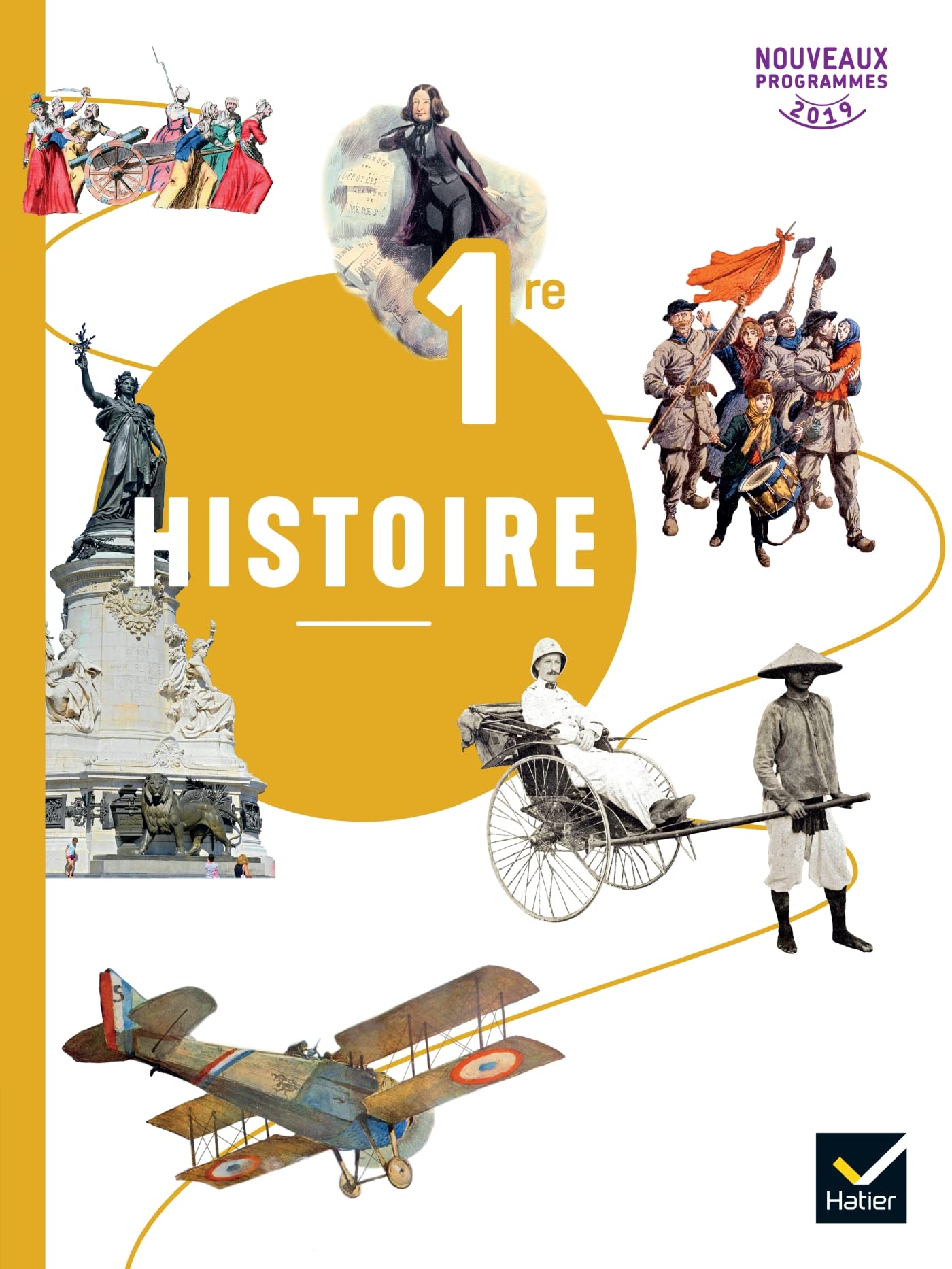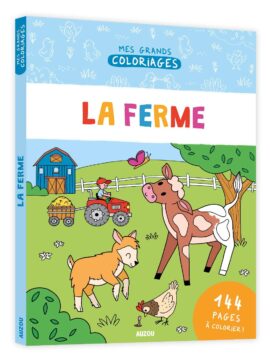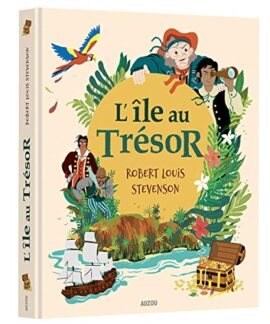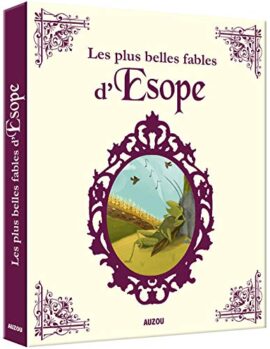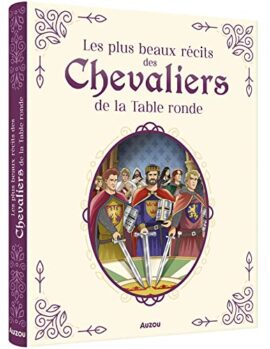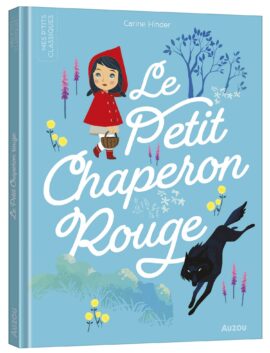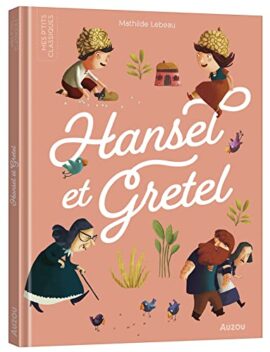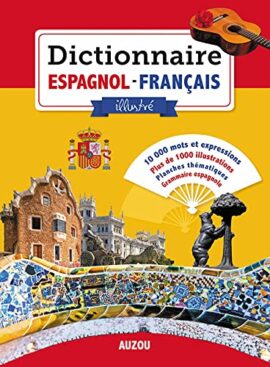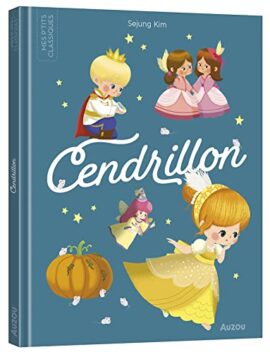Histoire 1re
8.002,80 د.ج
Un manuel unique d’Histoire 1re (existe aussi en version tout-en-un Histoire-Géographie 1re au format réduit). Une richesse documentaire pour laisser aux enseignants choix et liberté pédagogique Les dossiers « Études » et « Points de passage » proposent des mises en activités variées : parcours différenciés, tâches complexes, travail sur les capacités Un accompagnement au plus près des élèves : simplicité de la leçon – récit – en continu, des repères chronologiques systématiques, un travail sur le vocabulaire et les notions, des exercices et fiches méthodes visuelles Une préparation aux épreuves communes du contrôle continu.
Un manuel unique d’Histoire 1re (existe aussi en version tout-en-un Histoire-Géographie 1re au format réduit). Une richesse documentaire pour laisser aux enseignants choix et liberté pédagogique Les dossiers « Études » et « Points de passage » proposent des mises en activités variées : parcours différenciés, tâches complexes, travail sur les capacités Un accompagnement au plus près des élèves : simplicité de la leçon – récit – en continu, des repères chronologiques systématiques, un travail sur le vocabulaire et les notions, des exercices et fiches méthodes visuelles Une préparation aux épreuves communes du contrôle continu.
